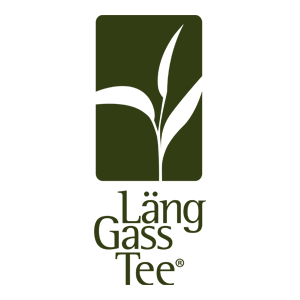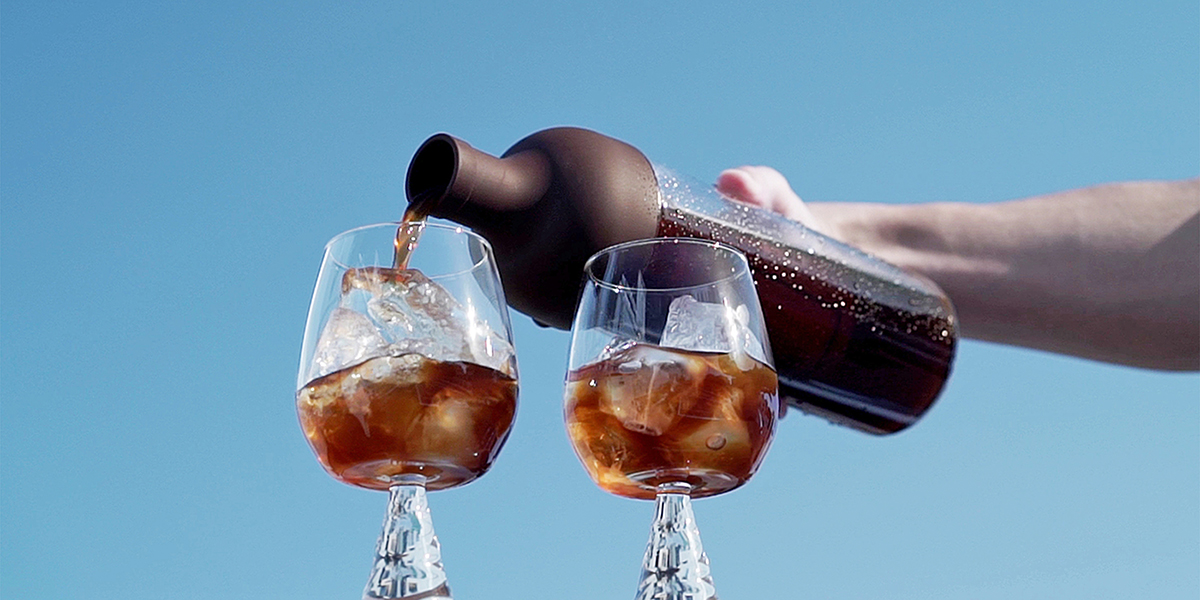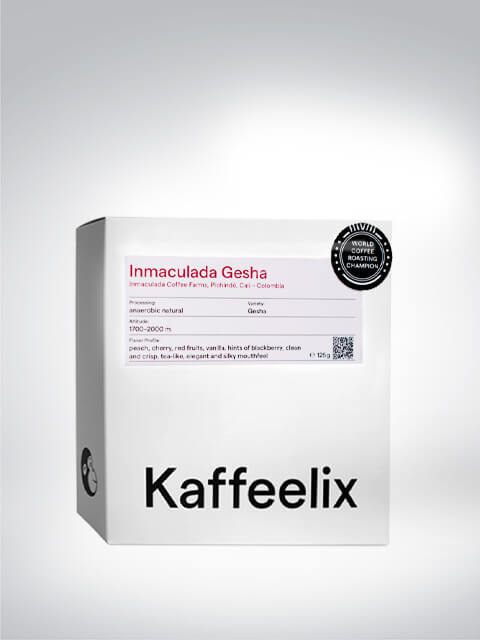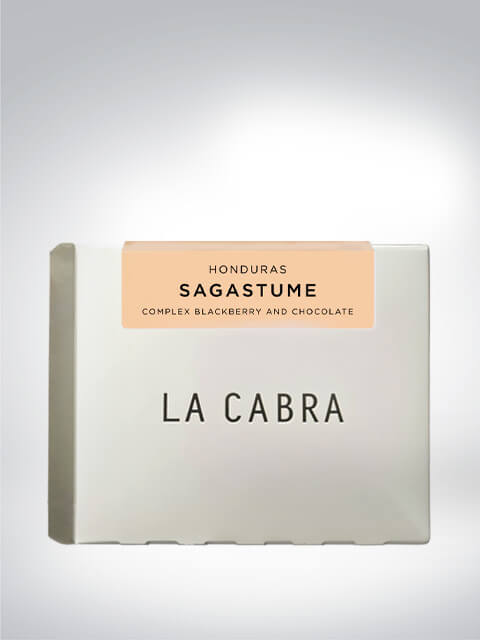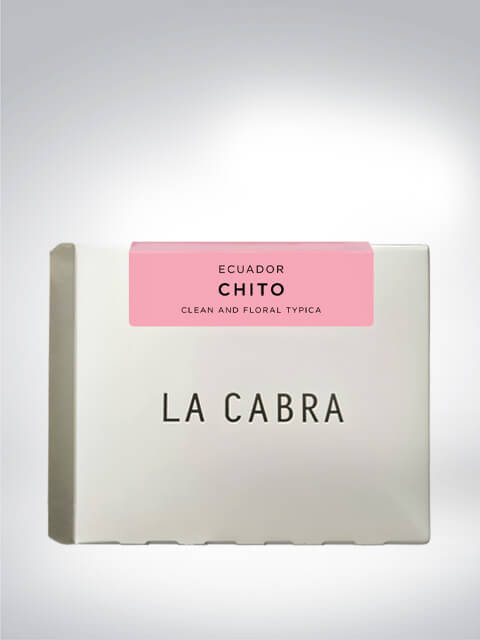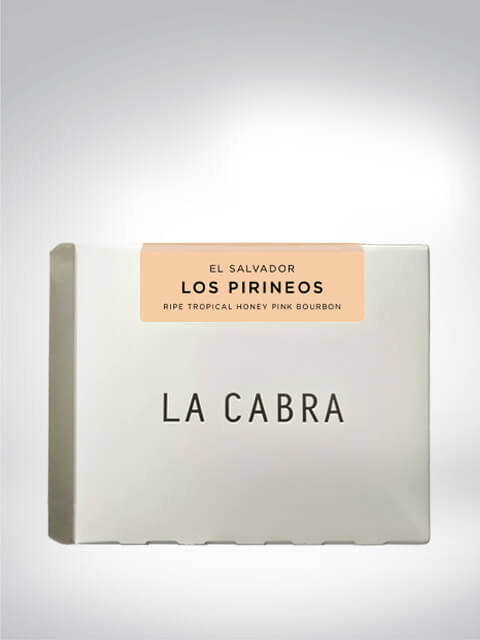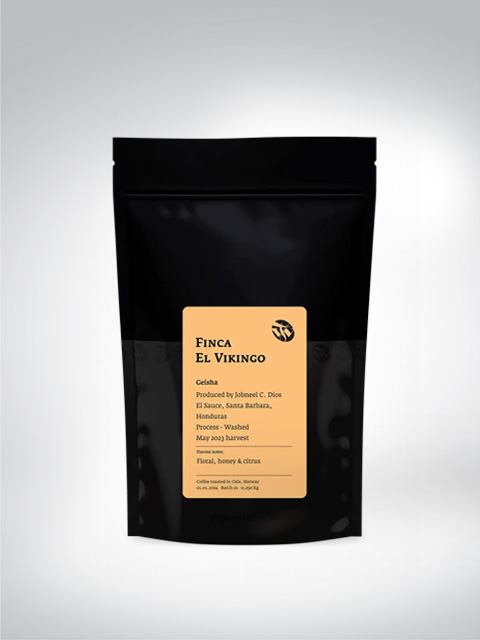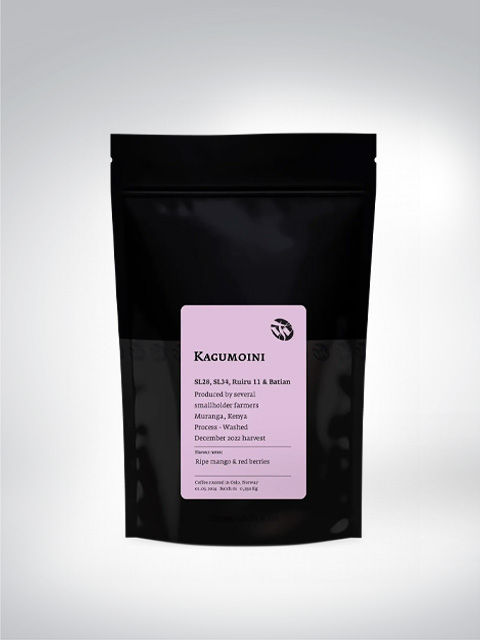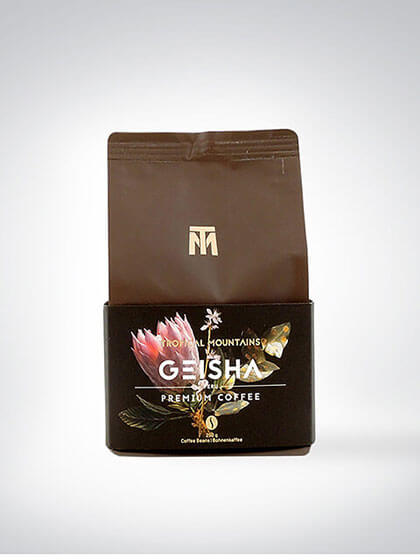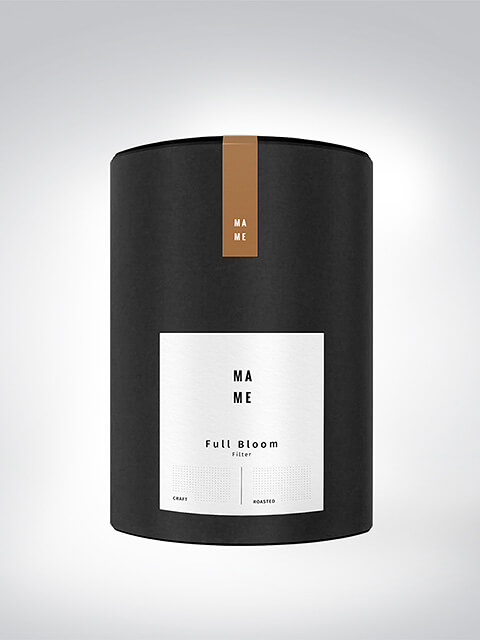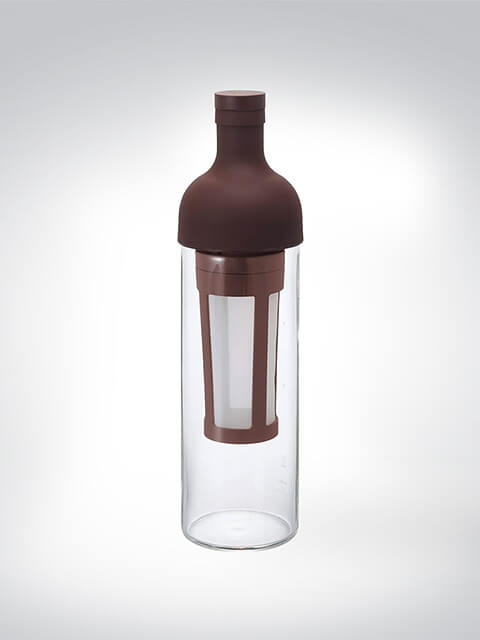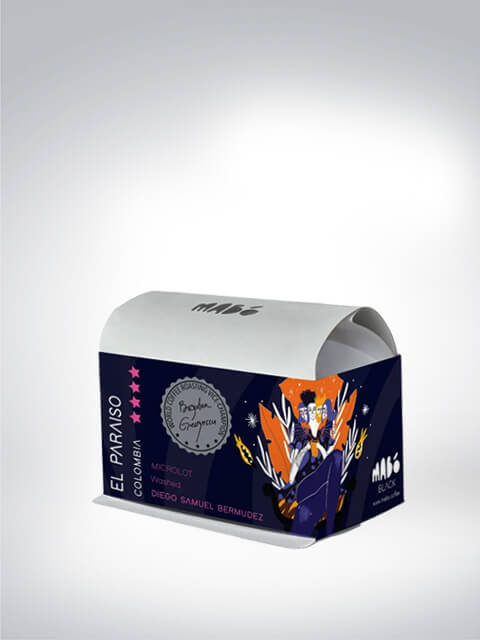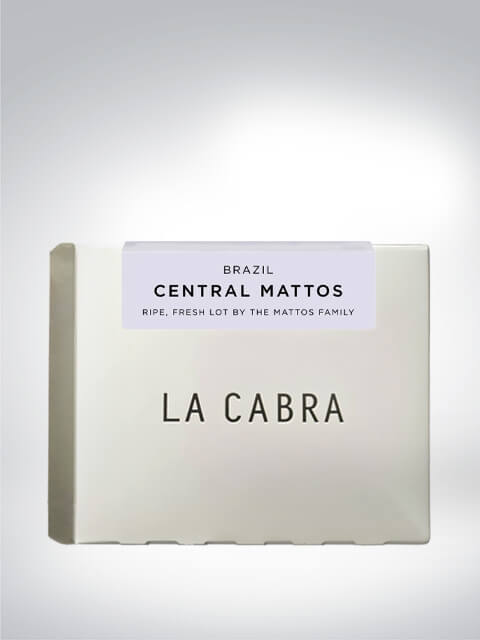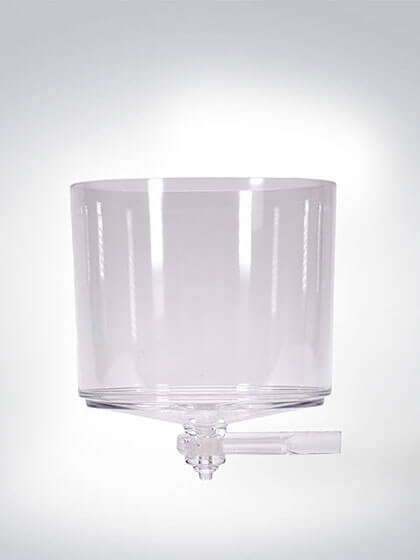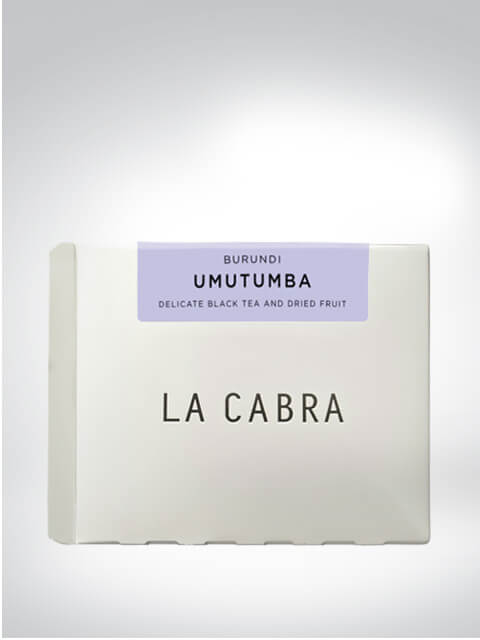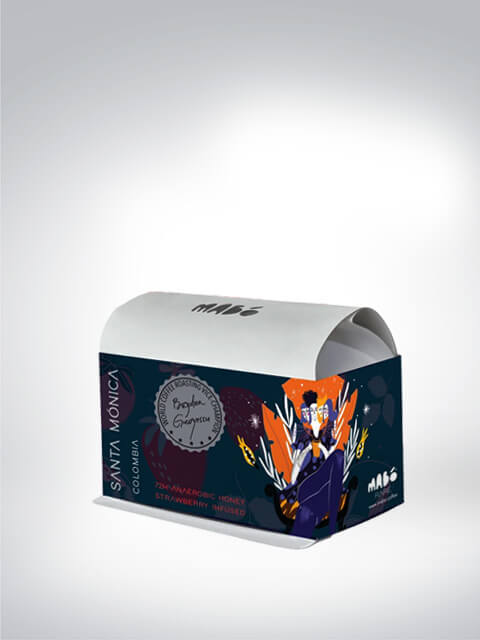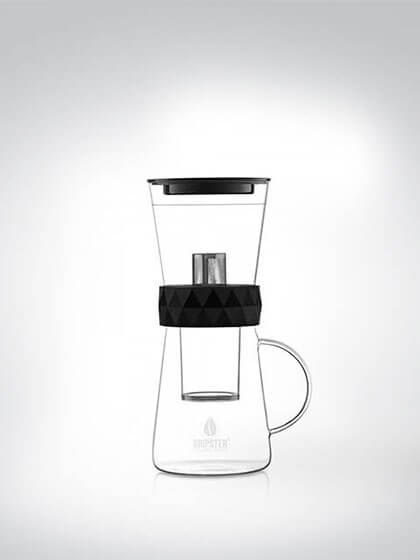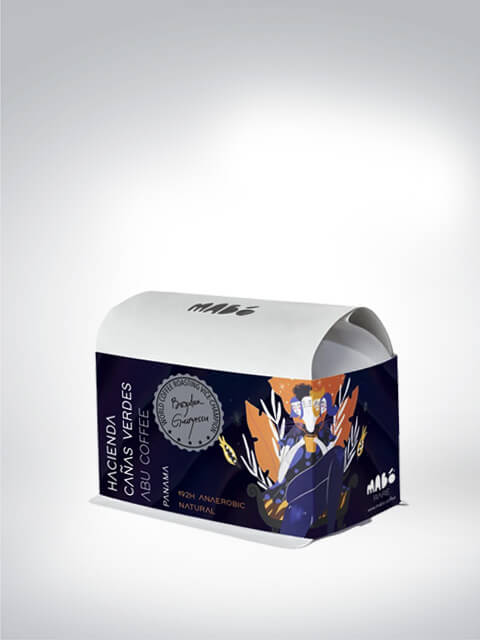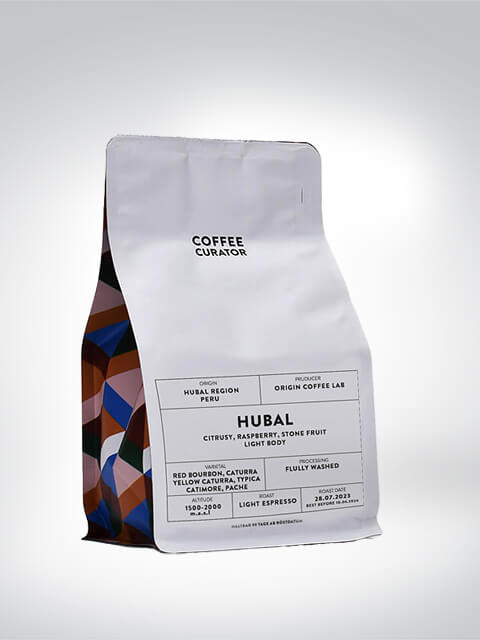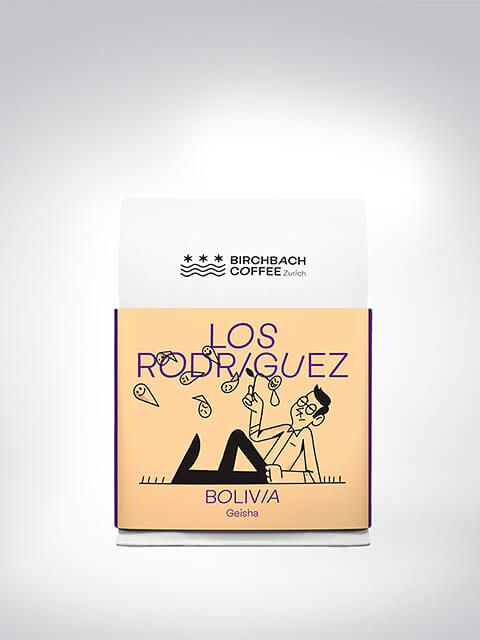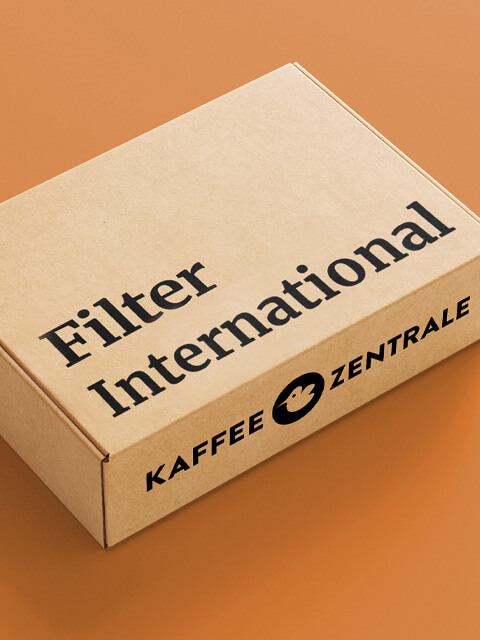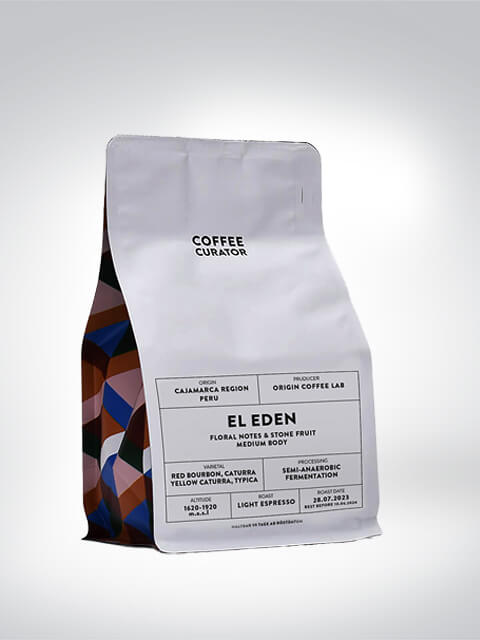Lass uns gemeinsam die Cold Brew Saison beginnen!
Wichtig für einen leckeren Cold Brew sind nebst der richtigen Kaffeebohnenwahl die Tools die du für die Zubereitung verwendest. Du brauchst einen Cold Brew Krug, eine Handmühle oder elektrische Filtermühle und eine Waage.
The right coffee to water ratio is important to reach your goal in terms of taste. With a 1:8 ratio, you are well on your way. Of course, you can adjust this brewing ratio according to your own preferences. The grind must be coarse, after grinding, you fill the coffee powder in the sieve, place this in the jug and empty the appropriate amount of water over it and off into the refrigerator with it.
After 4-6 hours you can taste how your Cold Brew tastes, depending on the time you let the coffee brew a little longer. At the moment when the desired concentration is reached, remove the strainer with the coffee and you have a refreshing cold coffee for the hot days.
Cold Brew can also be mixed with tonic or milk.
 Fresh roasted coffee
Fresh roasted coffee
 Free shipping from CHF 120.00
Free shipping from CHF 120.00










































































